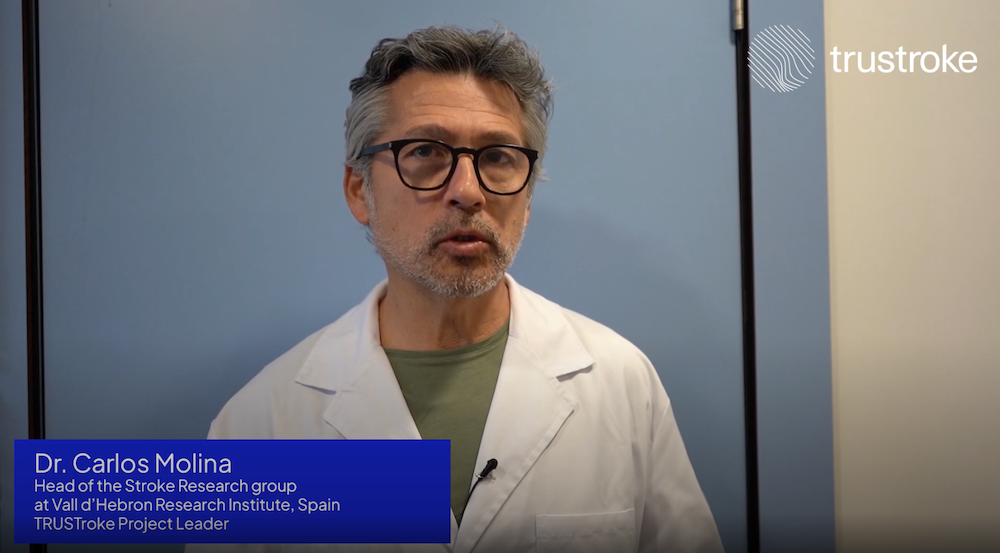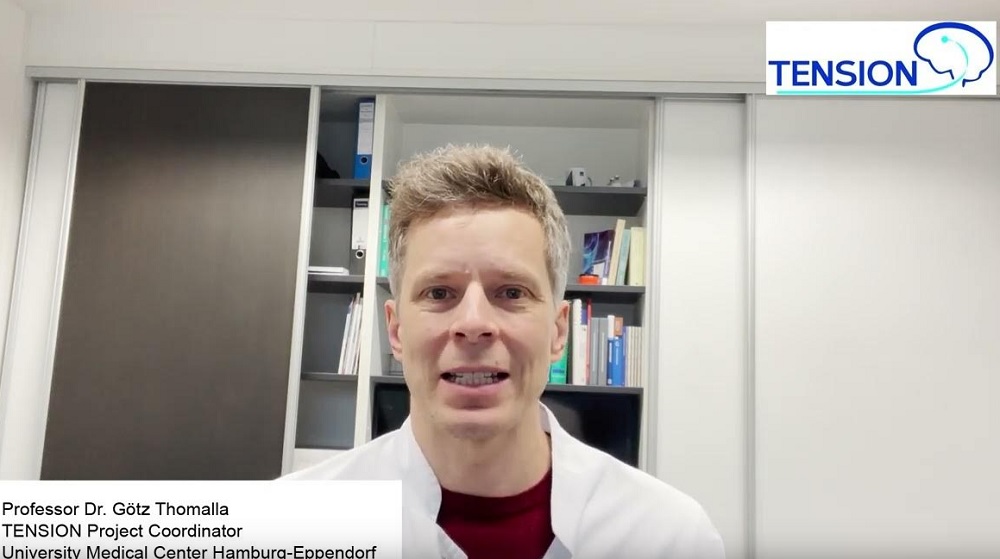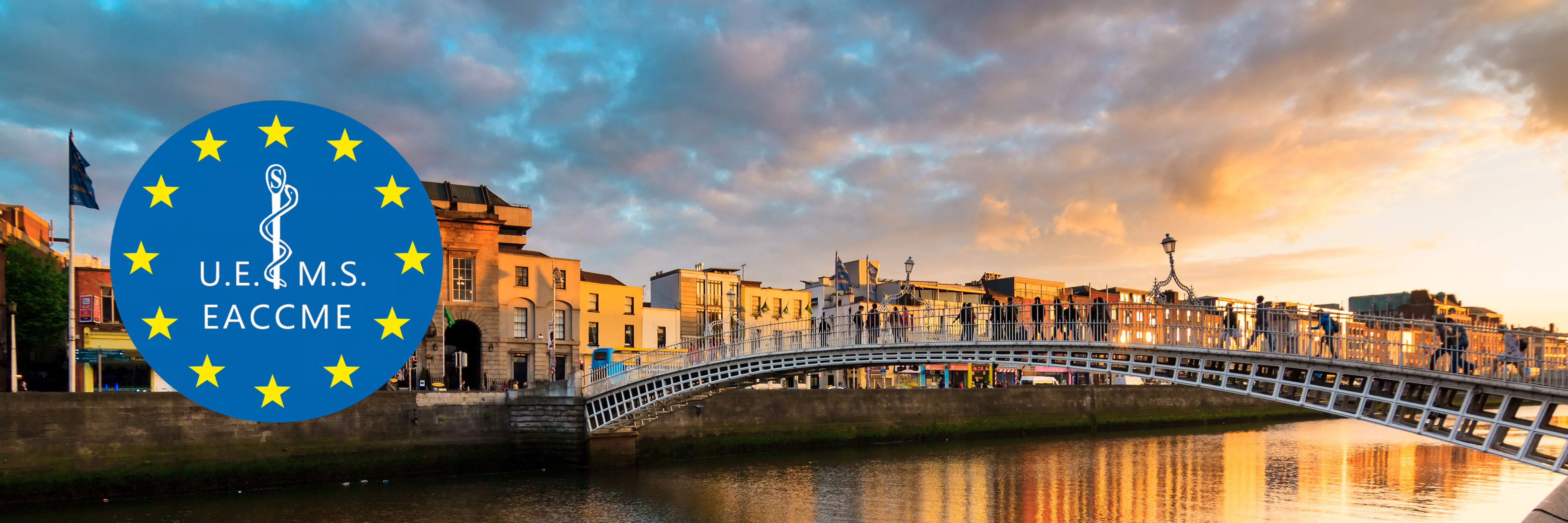
Feb 16, 2024
The European Life After Stroke Forum on 11-12 March in Dublin, has been accredited by the European Accreditation Council for Continuing Medical Education (EACCME®). This means that healthcare professional delegates will be awarded 6.5 European CME credits (ECMEC®s) following the completion of our post-event survey.
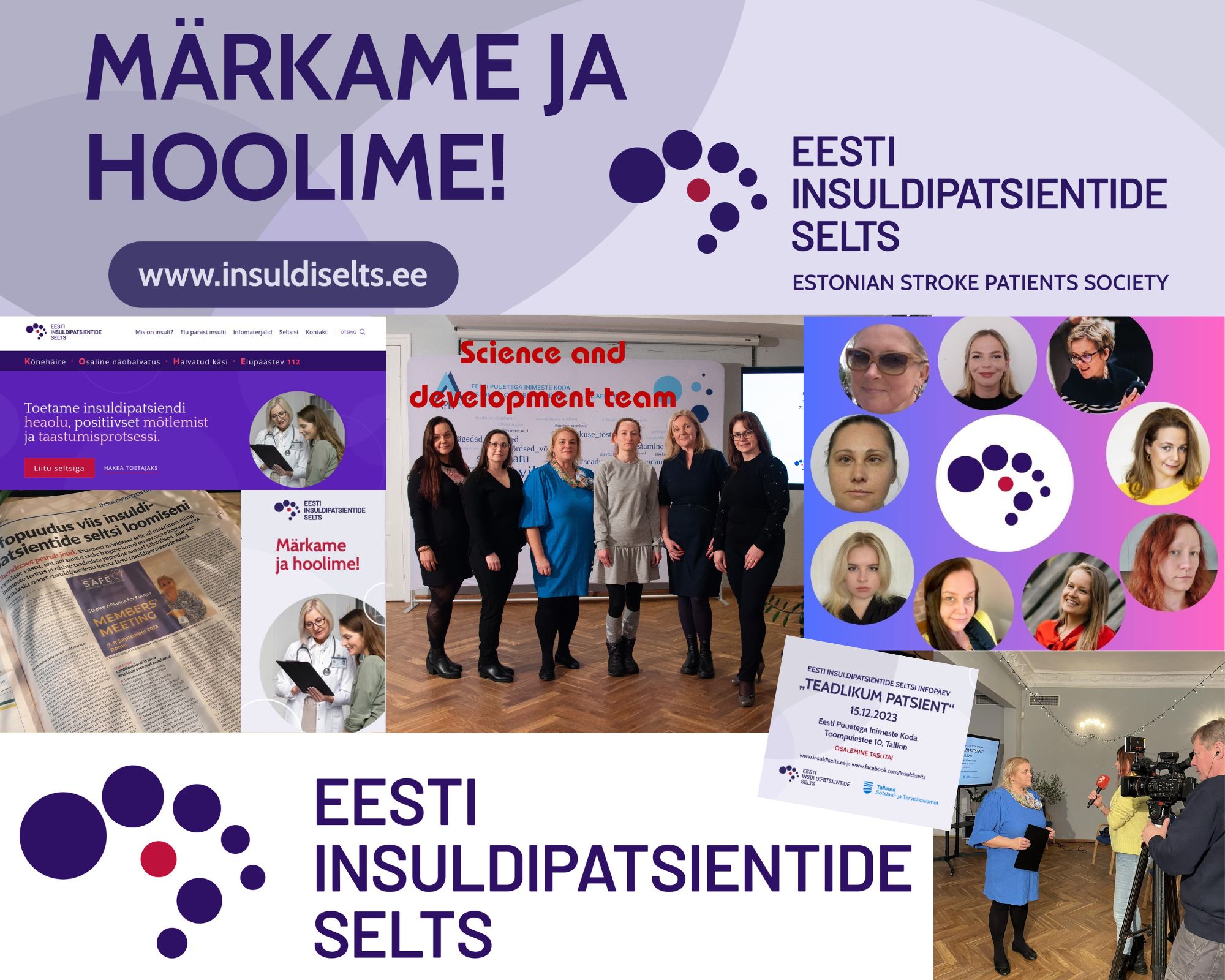
Jan 31, 2024
As part of our new member spotlight series, the Estonian team have shared their news with us.
Greetings from the Estonian Stroke Patients’ Society!
Over the past six months, our organisation has undergone a period of huge change that has been touching almost every aspect of the Society. The reason for this overhaul was the realisation that we wouldn’t be able to create the organisation we wanted, by doing what we had always done. We needed to revert to basics and build a solid foundation to continue to build on to achieve our new vision, mission and goals. Here are some of the key actions we have undertaken to lay these foundations and continue to respond to the unmet needs of stroke survivors in Estonia:
We launched a ‘Science and Development Team’ consisting of nine specialists from various fields, ranging from those with strategic and technical knowledge to health specialists, including one doctoral student in neuroscience. The goal of the team is to support our continued development, using their knowledge to drive activities, so that we are sustainable, the voice of stroke patients is heard, and we are considered as an equal partner in stroke in the future.
We have also updated our visual look and feel with a new logo, a new colour scheme and a brand-new website. This new visual style has also been applied to our information materials, including a guide that supports stroke patients to access therapy.
One of our proudest moments was hosting our information day, “Informed Patient”, on December 15. It was aimed at stroke patients and their needs, and featured lecturers from state institutions, medical facilities, and collaboration partners and it was all well received by stroke survivors. These efforts did not go unnoticed, the event received coverage in the media, including TV, newspapers, and health portals.
To further solidify our commitment to patient advocacy, we were honoured to be re-elected as a member of the North Estonian Regional Hospital’s patient advisory board for the period 2024-2027.
As we move into 2024, our Society will continue our focus on science, innovation, and collaborations with patient associations, both within Estonia and abroad.
Elen Kirt, Estonian Stroke Patients’ Society
If you have any questions about Estonia’s activities, please contact Elen Kirt elen@insuldiselts.ee
If you have news to share about your organisation, please e-mail Anna Scott on anna.scott@safestroke.eu
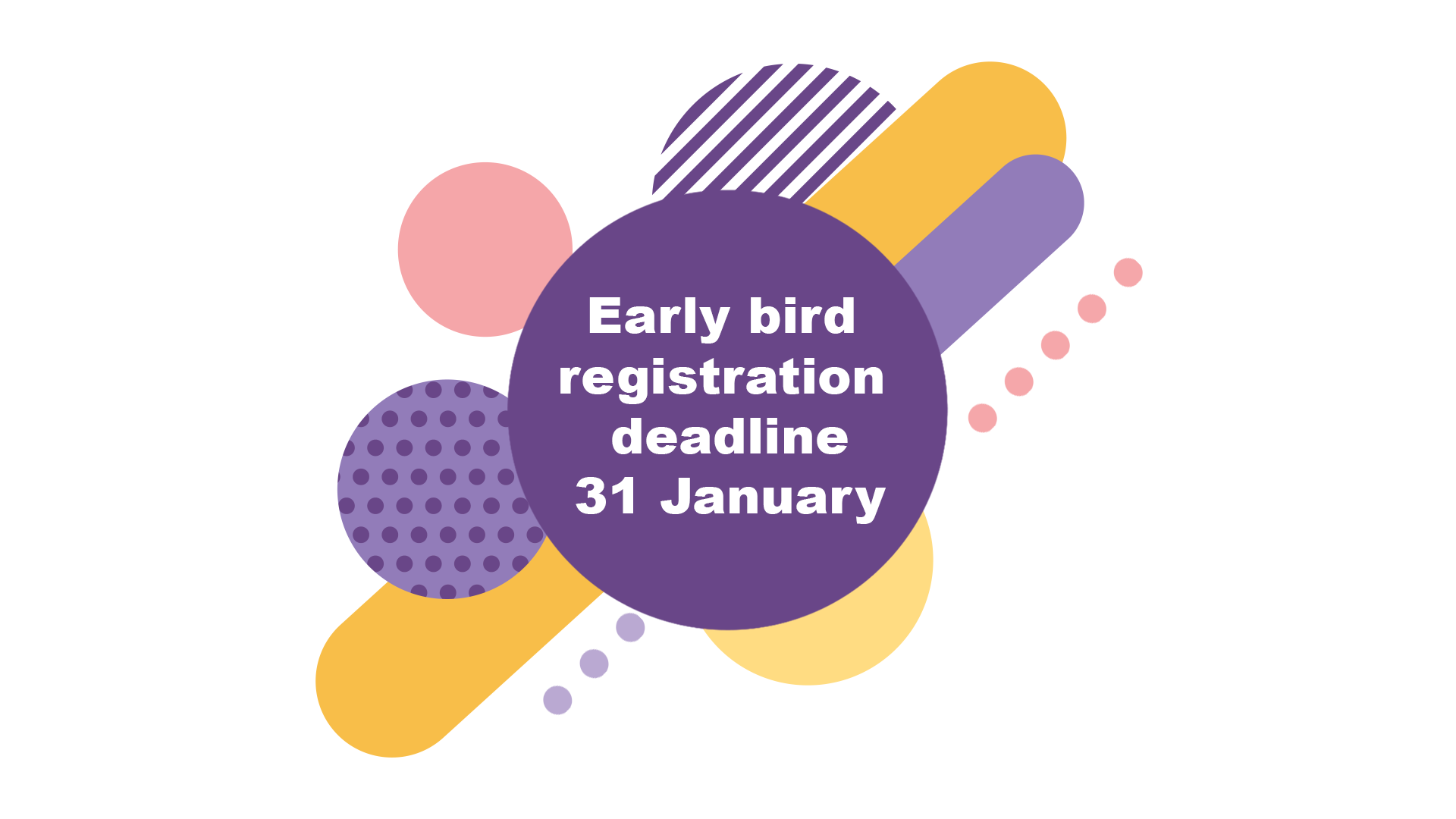
Jan 18, 2024
We are now only two months away from the next European Life After Stroke Forum which takes place in Dublin on the 11-12 March. This second in-person life after stroke focussed event promises to be a vital platform for sharing insights, discussing the latest research, and delving into best practices in this often under-researched topic. We will be bringing together stroke survivors, caregivers, healthcare professionals, researchers and advocates to address life after stroke issues.
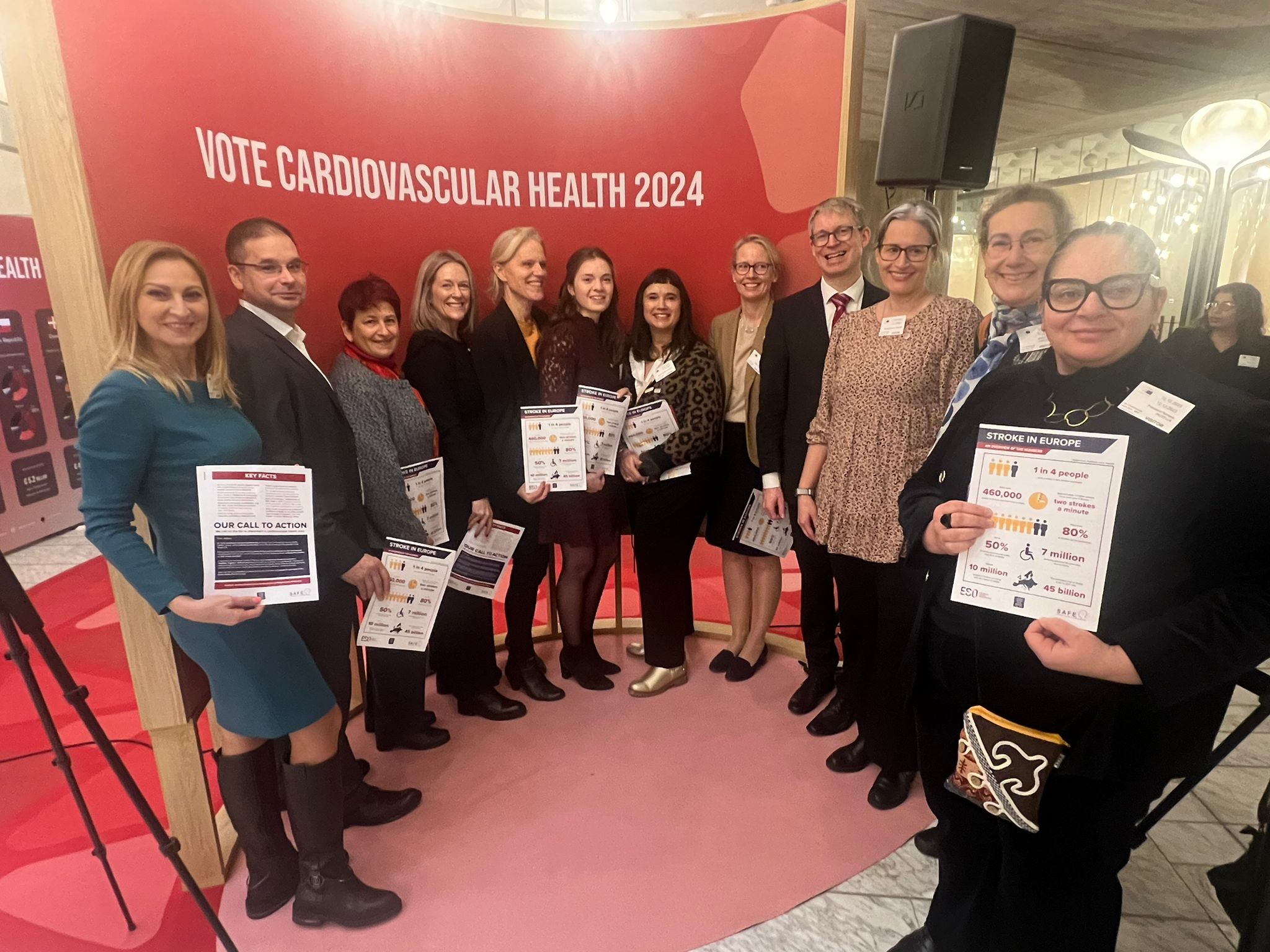
Dec 18, 2023
Last week saw five SAFE members travel to Strasbourg to join the European Alliance for Cardiovascular Health (EACH) and European Stroke Organisation (ESO) to come together to jointly advocate for population-wide access to cardiovascular risk assessments and care pathways that focuses on individual patients needs and goals. SAFE and ESO have committed to ensure that any EU CVH plan will also include the principles of the Stroke Action Plan for Europe.
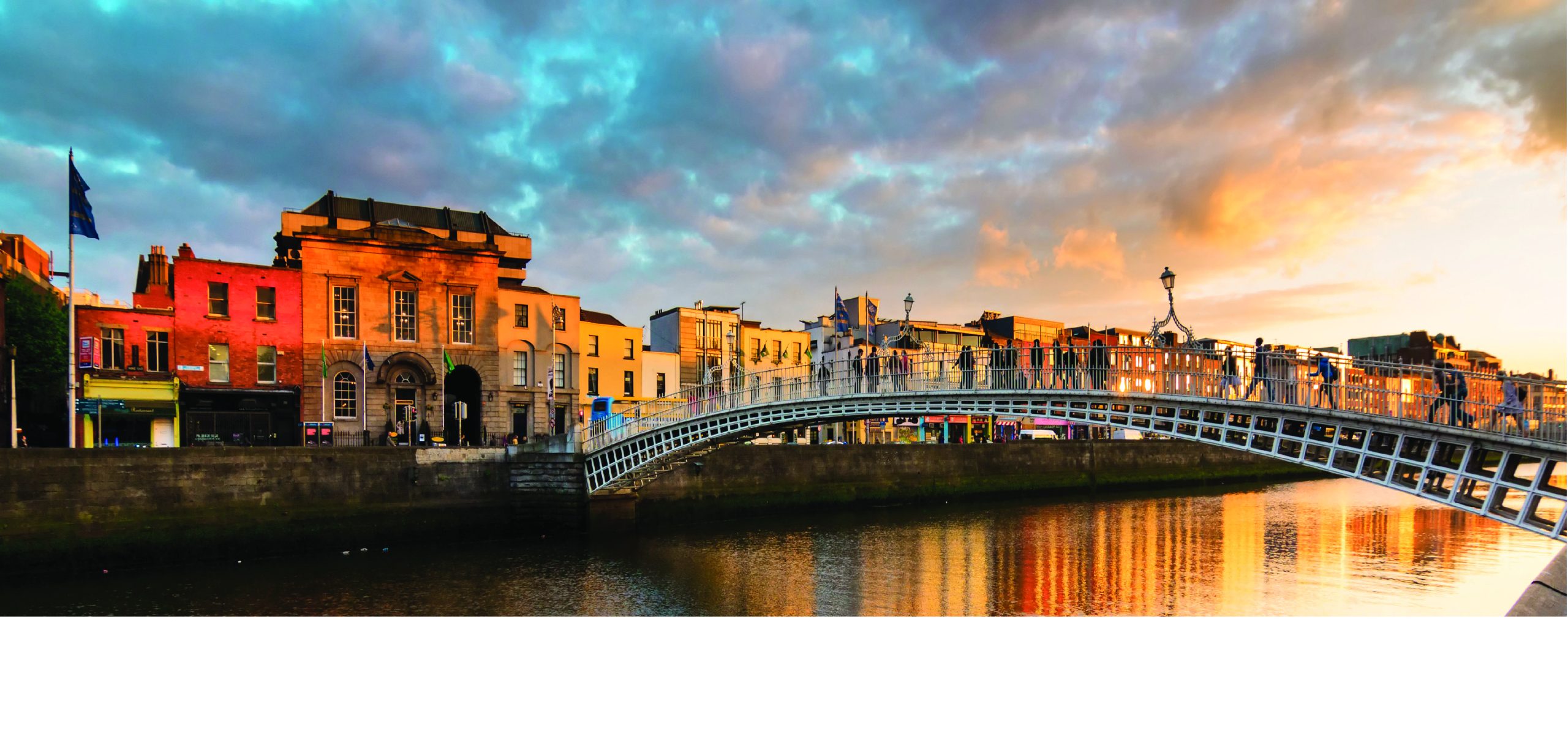
Dec 6, 2023
We are so pleased to announce that the programme for our European Life After Stroke Forum is now live on the website. Our 2024 event in Dublin promises to be a vital platform for sharing insights, discussing the latest research, and delving into best practices in this often under-researched area.
Our plenary topics are:
Plenary 1 – Building the evidence for support for life after stroke
Plenary 2 – Life after stroke – Support in action
Plenary 3 – A showcase of life after stroke from Ireland
Topics for parallels
- A disproportionate burden? Life after stroke in women.
- Spasticity: What is it and how can we manage it?
- A vision for vision after stroke
- No decision about me without me – speaking together with one voice
- Exploring mental health post-stroke
- Secondary stroke prevention: Managing blood pressure and the benefits of exercise.
To access the full programme, click here.
To register for the event, click here.
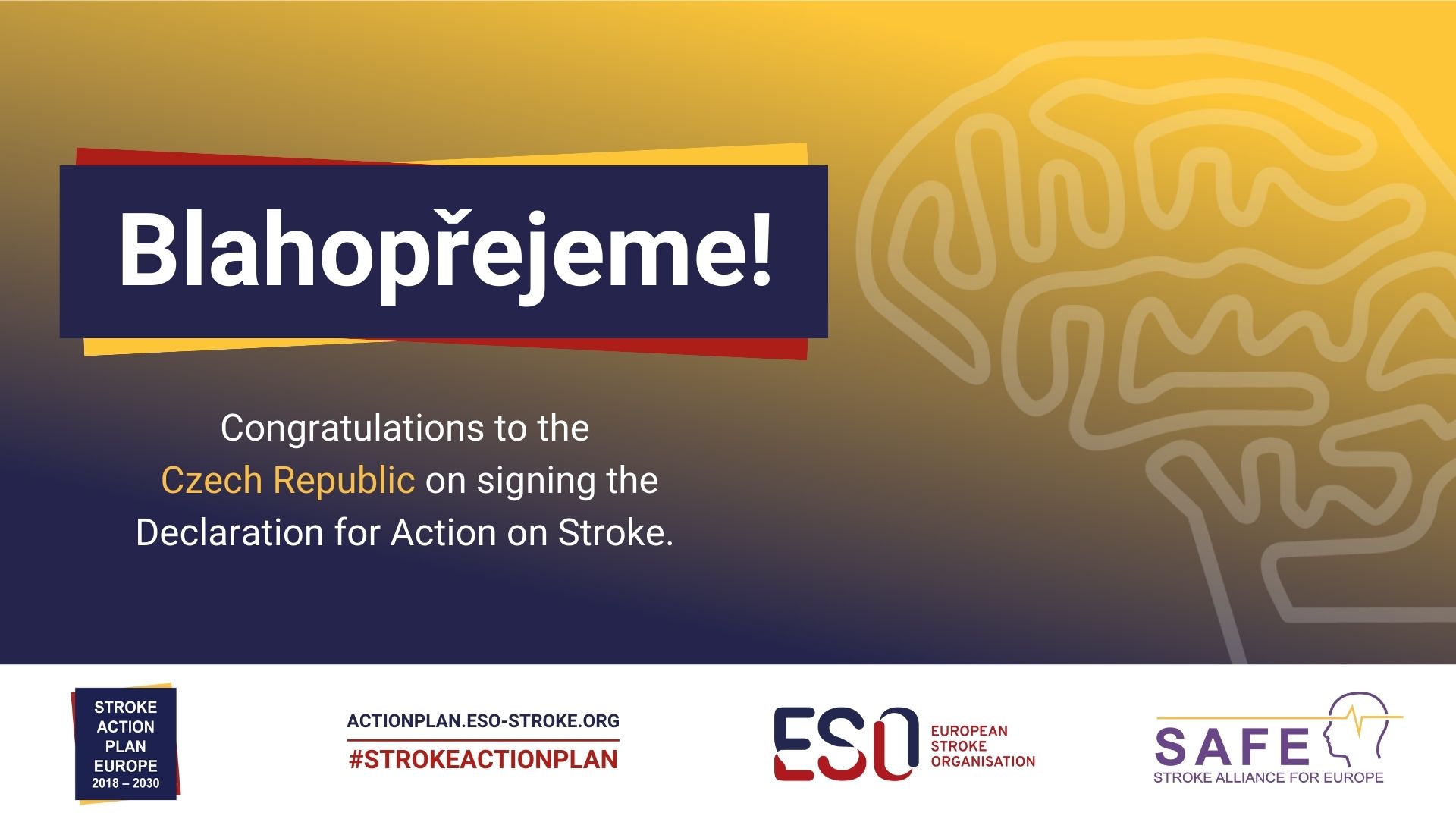
Nov 10, 2023
We are very pleased to announce that the Czech Republic is the 13th country to endorse the Declaration for Action on Stroke and enact the Stroke Action Plan for Europe, bringing the country another step closer to guaranteeing the highest standard of care and support for stroke patients.
To find out more about the Stroke Action Plan for Europe, visit the SAP-E website

Oct 18, 2023
The 3rd edition of the Brain Innovation Days team will take place on 26-27 October 2023 in Brussels (Belgium) under the overarching theme “The Brain in the 21st Century”, centred around building resilience and better brain health for future generations and increasing our brains’ readiness to adapt to an ever-changing environment.
Five sub-themes will inspire an array of sessions throughout the two full days:
- Resilient Brains: The Impact of Political, Societal, and Environmental Factors
- Boosting Brain Health and Preventing Brain Disorders
- What’s New? Innovative devices, substances and medicines for brain disorders
- The Self-Healing Brain: Use it or Lose it
- Towards a Brain Healthy 22nd Century
Sessions will include Brain Talks, How-To, sponsor-led satellite sessions, brain innovation days pitch competition, panel discussions with leading experts, an innovation hall and plenty of networking opportunities. To find out more, view the programme here.
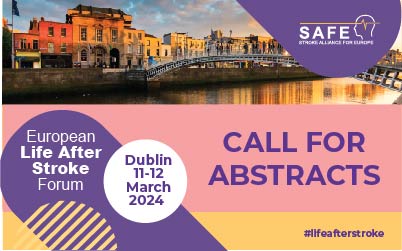
Sep 26, 2023
The European Life After Stroke Forum (ELASF) brings together people from a research, policy, advocacy and support perspective with people who have lived experience of stroke, to share and discuss research and best practice in life after stroke.
We are now seeking abstracts for the 2nd ELASF, for the opportunity to present either a ten-minute oral presentation or a poster presentation.
Abstracts may be submitted for two presentation types:
Scientific: We are looking for scientific abstracts that may be for either completed or ongoing trials and studies, in the broad area of life after stroke.
Services: We are also looking for abstracts that shares experiences of service developments in life after stroke with the view that these original ideas and innovative practices can be used by others.
Please submit your abstract here – the deadline for submissions is 2 November 2023.
